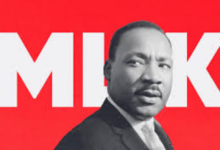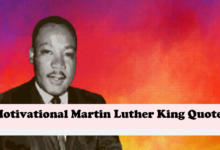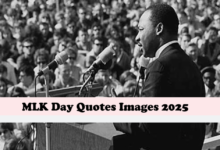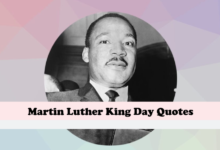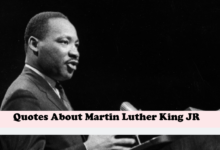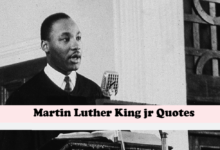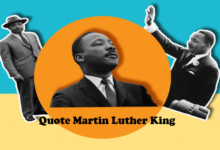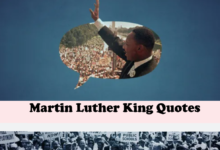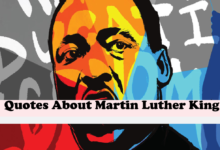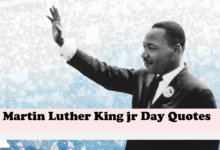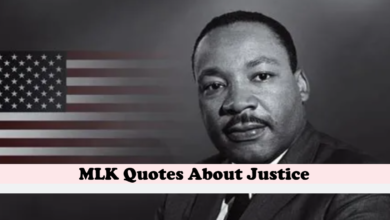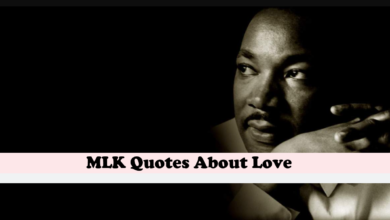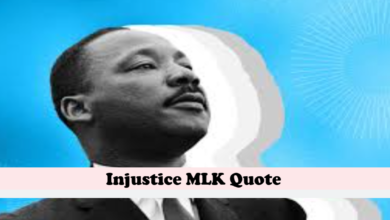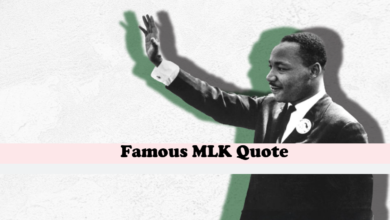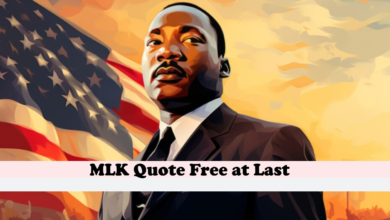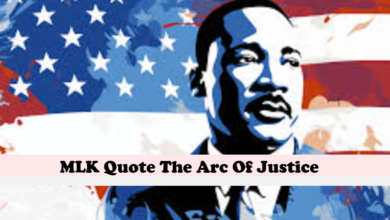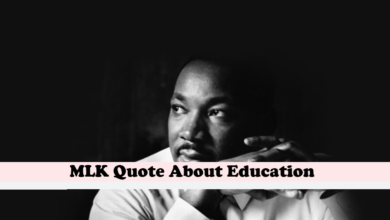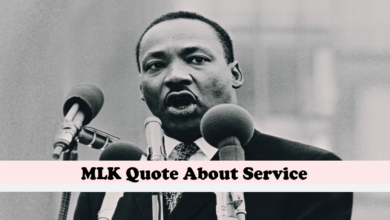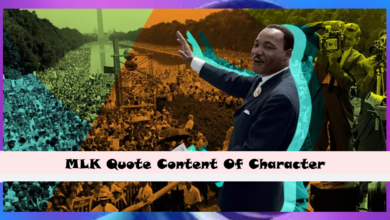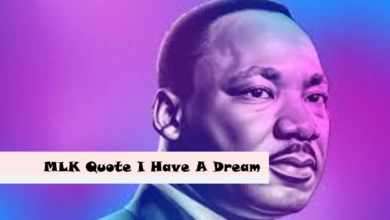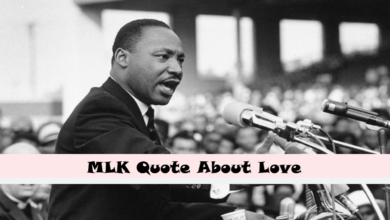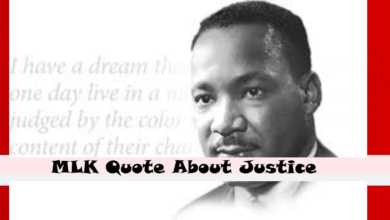MLK Quotes About Love
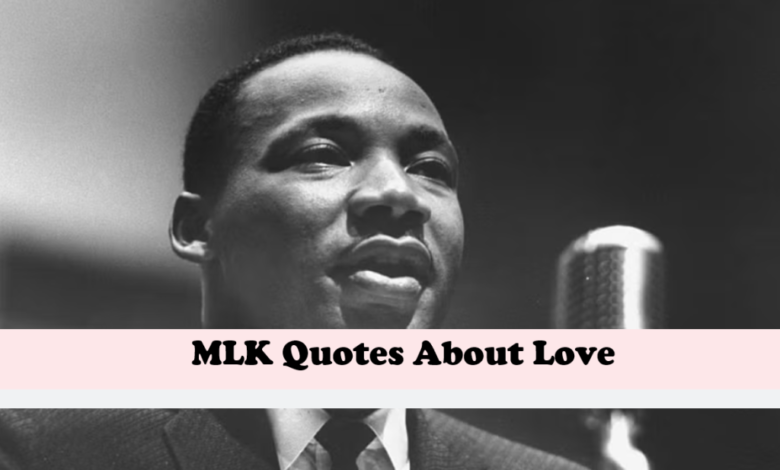
Martin Luther King Jr. is often remembered as a beacon of hope, equality, and justice. Among his many impactful teachings, his reflections on love stand out as some of the most powerful and enduring aspects of his philosophy. King’s quotes about love go beyond personal relationships; they encompass his vision for a society rooted in compassion, understanding, and nonviolence. In this blog post, we explore the depth and relevance of King’s insights on love and their timeless application in our lives today.
MLK Quotes About Love
One of King’s most well-known statements about love is: “I have decided to stick with love. Hate is too great a burden to bear.” These words encapsulate his belief that love is not just an emotional response but a deliberate choice—a decision to rise above anger and resentment. For King, love was the foundation of justice and the only path to true reconciliation.
King’s understanding of love was deeply influenced by the concept of agape, a Greek term for unconditional, selfless love. He described agape as “understanding, creative, redemptive goodwill for all men.” This kind of love, he argued, seeks the best for others without expecting anything in return. It is love that transcends personal grievances and embraces even those who act as adversaries.
“I have a dream that my four little children will one day live in a nation where they will not be judged by the color of their skin but by the content of their character.”
“Forgiveness is not an occasional act. It is a permanent attitude.”
“We must learn to live together as brothers or perish together as fools.”
“Take the first step in faith. You don’t have to see the whole staircase, just take the first step.” [from the recollection of Marian Wright Edelman]
“With this faith, we will be able to hew out of the mountain of despair a stone of hope.”
“A riot is at bottom the language of the unheard.”
“The beauty of genuine brotherhood and peace is more precious than diamonds or silver or gold.”
“The arc of the moral universe is long, but it bends toward justice.”
“True peace is not merely the absence of tension; it is the presence of justice.”
“Injustice anywhere is a threat to justice everywhere.”
“I believe that unarmed truth and unconditional love will have the final word in reality. That is why right, temporarily defeated, is stronger than evil triumphant.”
“The whirlwinds of revolt will continue to shake the foundations of our nation until the bright day of justice emerges.”
“I think I have discovered the highest good. It is love.”
“I have decided to stick with love. Hate is too great a burden to bear.”
“Darkness cannot drive out darkness; only light can do that. Hate cannot drive out hate; only love can do that.”
“In some not too distant tomorrow the radiant stars of love and brotherhood will shine over our great nation with all their scintillating beauty.”
“He who hates does not know God, but he who loves has the key that unlocks the door to the meaning of ultimate reality.”
“When I talk about love … I am not talking about emotional bosh. I am not talking about some sentimental or even some affectionate emotion. I am talking about something much deeper.”
Love vs. Hate: A Moral Imperative
Another of King’s most famous quotes is from his book Strength to Love: “Darkness cannot drive out darkness; only light can do that. Hate cannot drive out hate; only love can do that.” This profound statement highlights the futility of responding to hatred with more hatred. King believed that hatred only perpetuates cycles of violence and division, while love has the power to heal and unite.
This philosophy of love was not theoretical for King; it was a guiding principle in his leadership during the civil rights movement. Despite facing brutal opposition, threats, and violence, King consistently preached and practiced nonviolence. His unwavering commitment to love demonstrated its transformative power—not just in individual relationships but in the broader struggle for justice and equality.
Love as a Tool for Social Change
King’s quotes about love often reflect his conviction that love is an active force, capable of bringing about meaningful social change. He once said, “Love is the only force capable of transforming an enemy into a friend.” This belief underscores the idea that love can bridge divides, foster understanding, and ultimately create a more just and equitable society.
In his sermons and speeches, King repeatedly emphasized that love must be paired with justice. He rejected the notion of a passive or weak love, advocating instead for a love that actively confronts injustice while refusing to dehumanize those who perpetrate it. For King, this balance of love and justice was essential to building a society where all people could thrive.
The Relevance of King’s Teachings Today
Decades after his passing, Martin Luther King Jr.’s quotes about love continue to resonate in a world grappling with division and conflict. His teachings offer a roadmap for addressing modern challenges with empathy and courage. Choosing love over hate is not always easy, but as King’s life demonstrated, it is the only path to lasting peace and progress.
One of King’s lesser-known quotes speaks to the enduring relevance of his philosophy: “Life’s most persistent and urgent question is, ‘What are you doing for others?’” This question challenges us to embody love through action, working to uplift others and address systemic inequalities. Whether through volunteering, advocacy, or simply extending kindness to those around us, we can all contribute to a more compassionate and just world.
Practical Ways to Live King’s Philosophy of Love
- Choose Empathy: Seek to understand others’ perspectives, even when they differ from your own. Empathy is the foundation of agape love and helps build bridges between individuals and communities.
- Actively Resist Injustice: King’s love was not passive; it was a call to action. Stand against discrimination, inequality, and oppression, using nonviolent methods to promote change.
- Foster Dialogue: Engage in meaningful conversations with those who hold different views. Open, respectful dialogue can help break down stereotypes and foster mutual understanding.
- Practice Forgiveness: King’s commitment to loving his enemies reminds us of the power of forgiveness in healing wounds and restoring relationships.
- Serve Others: King’s question, “What are you doing for others?” challenges us to make service a central part of our lives. Whether through small acts of kindness or larger initiatives, service reflects the essence of agape love.
Martin Luther King Jr.’s reflections on love remain a source of inspiration and guidance for people around the world. His unwavering belief in the power of love to overcome hate, heal divisions, and drive social change offers a timeless lesson in courage and humanity. As we navigate the complexities of our modern world, King’s words remind us that love is not just an ideal but a practice—one that requires intention, effort, and resilience.
By choosing love, we honor King’s legacy and take meaningful steps toward creating a more just and compassionate world. Let his quotes serve as a reminder that love is not only a personal virtue but a powerful tool for collective transformation.
